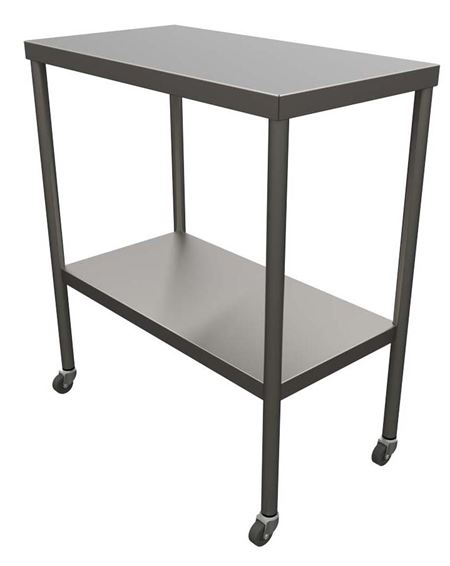

export_rchirp_to_parsed_gt ( rchirp_song, self. append_instruments_to_rchirp ( rchirp_song ) parsed_gt = GTSong () parsed_gt.

cts_type () != 'RChirp' : raise Exception ( "Error: GoatTracker to_bin() only supports rchirp so far" ) self. The instrument numbers are assigned in the order instruments are processed on conversion to RChirp. Must be <= 127 * **instruments** (list of str) - Instrument names that will be extracted from GT instruments directory **Note**: These instruments are in instrument order, not in voice order! Multiple voices may use the same instrument, or multiple instruments may be on a voice. sng file format :param rchirp_song: rchirp data :type rchirp_song: MChirpSong :return: sng binary file format :rtype: bytearray :keyword options: * **end_with_repeat** (bool) - True if song should repeat when finished * **max_pattern_len** (int) - Maximum pattern length to use. def to_bin ( self, rchirp_song, ** kwargs ): """ Convert an RChirpSong into a GoatTracker. GT_MAX_ROWS_PER_PATTERN = 128 GT_MAX_TABLE_LEN = 255 GT_REST = 0xBD # A rest in goattracker means NOP, not rest GT_NOTE_OFFSET = 0圆0 # Note value offset GT_MAX_NOTE_VALUE = 0xBF # Maximum possible value for note GT_KEY_OFF = 0xBE GT_KEY_ON = 0xBF GT_OL_RST = 0xFF # order list restart marker GT_PAT_END = 0xFF # pattern end GT_TEMPO_CHNG_CMD = 0x0F
#Goattracker instrument tables code
sng files (both regular and stereo) # Notes: # - This code ignores multispeed considerations (for now) from os import path, listdir from os.path import isfile, join import copy from dataclasses import dataclass from chiptunesak import constants # import ARCH, C0_MIDI_NUM, project_to_absolute_path from chiptunesak import base from te_util import read_binary_file from chiptunesak import rchirp from chiptunesak.errors import * DEFAULT_INSTR_PATH = 'res/gtInstruments/' DEFAULT_MAX_PAT_LEN = 126 # GoatTracker constants GT_FILE_HEADER = b 'GTS5' GT_INSTR_BYTE_LEN = 25 GT_DEFAULT_TEMPO = 6 GT_DEFAULT_FUNKTEMPOS = # default alternating tempos, from GT's gplay.c # All these MAXes are the same for goattracker 2 (1SID) and goattracker 2 stereo (2SID) # Most found in gcommon.h GT_MAX_SUBTUNES_PER_SONG = 32 # Each subtune gets its own orderlist of patterns # "song" means a collection of independently-playable subtunes GT_MAX_ELM_PER_ORDERLIST = 255 # at minimum, it must contain the endmark and following byte GT_MAX_INSTR_PER_SONG : int = 63 GT_MAX_PATTERNS_PER_SONG = 208 # patterns can be shared across channels and subtunes # Can populate rows 0-127, 128 is end marker. The functionality (CV-outs for controlling whatever you like) will increase over time.Īnd the most important part: Personally I need a sequencer for making microtonal music, so the ability to load tuning files and to use custom note names and to use up to 4096 different pitches is essential for me (in contrast, MIDI-note-messages provide ‘only’ 128 different pitches, never ever enough for a nerdy microtonalist).# Code to import and export goattracker. The module will start out simple by providing gate and pitch output for each track.

I would code a tracker with 4-tracks and the ability to chain more trackers to get more simultaneous tracks (8, 12, 16). I would prefer the first or the second approach, because I like to compose music in a classic way (from the beginning of a piece to the end). high complexity: NerdSeq (also LSDJ and Goattracker) use one pattern for each track, and the pattern-length can be different for each track, so tracks can run independently (like the session-view in Ableton Live).moderate complexity: Renoise (and FamiTracker) use one pattern for each track and all patterns played at the same time must have the same length.

most simple time-table: Protracker (and openMPT) use one pattern for all tracks.You named 3 trackers with 3 different concepts of using the time-table: In addition to Renoise i still use an Amiga with Protracker so i’d love to see something like Nerdseq as a plugin for Rack.


 0 kommentar(er)
0 kommentar(er)
